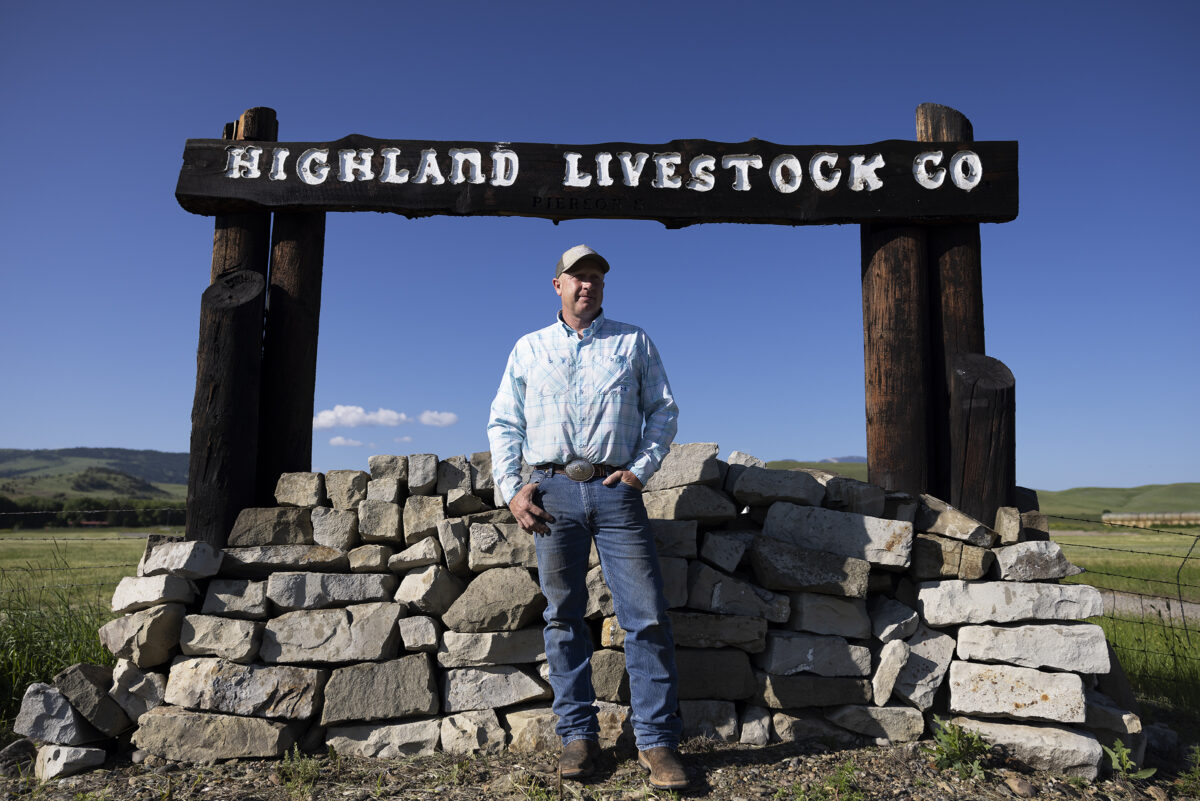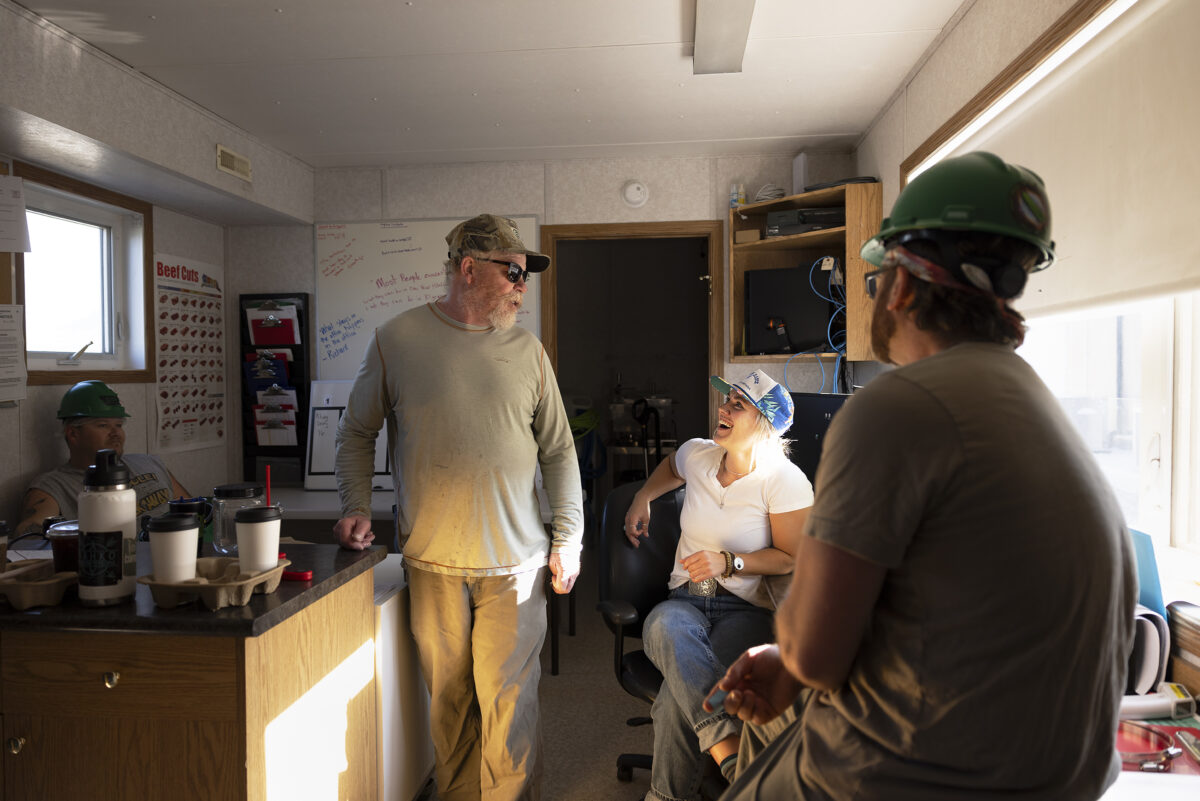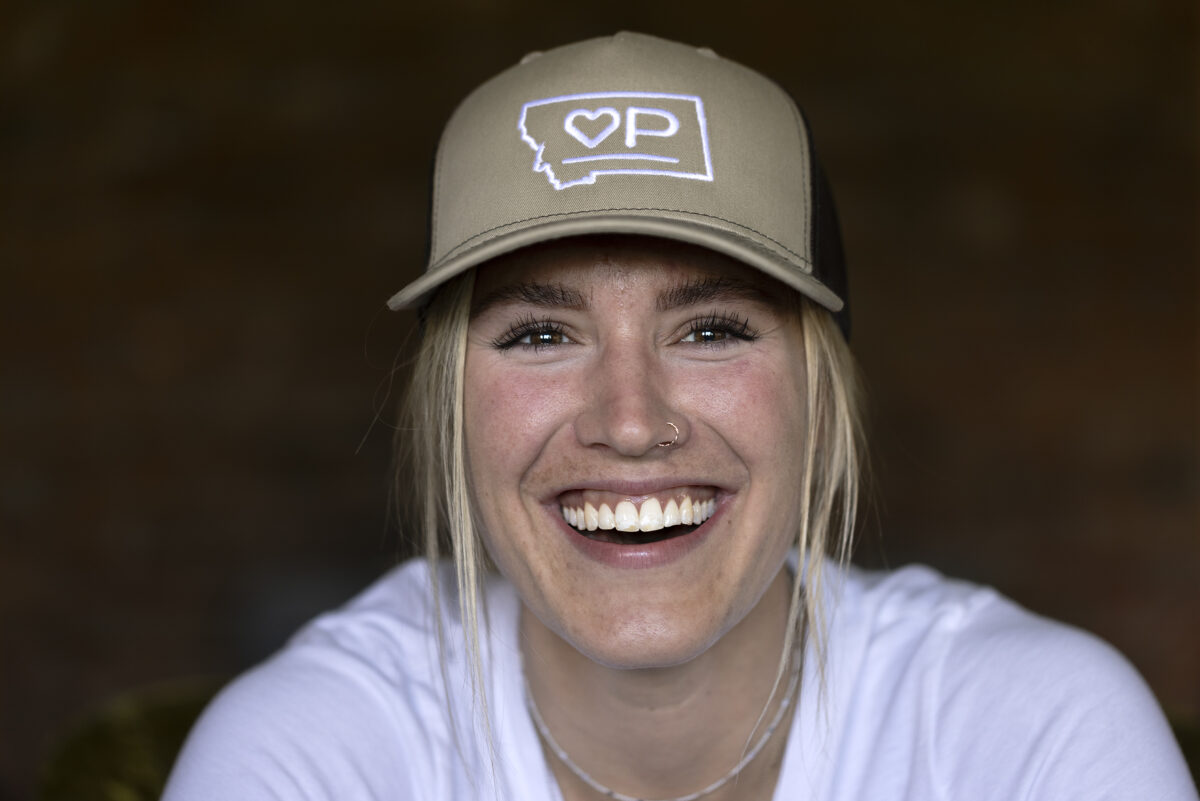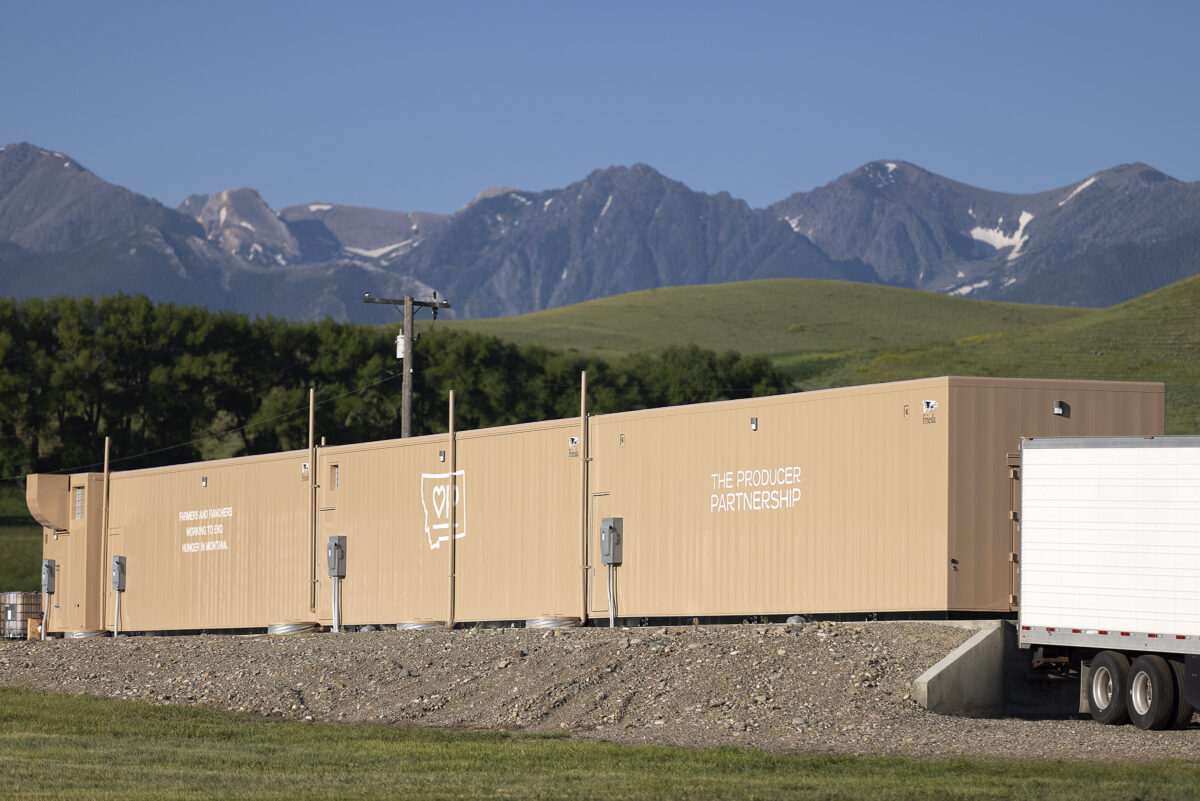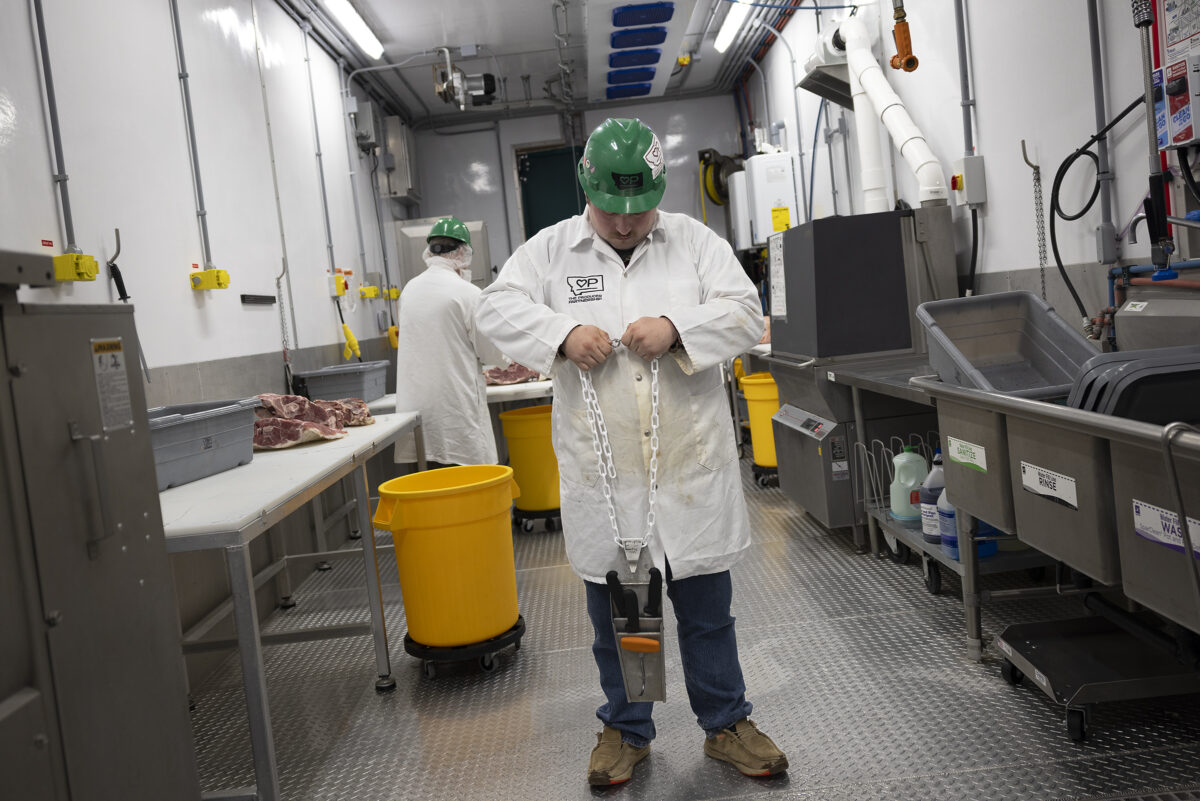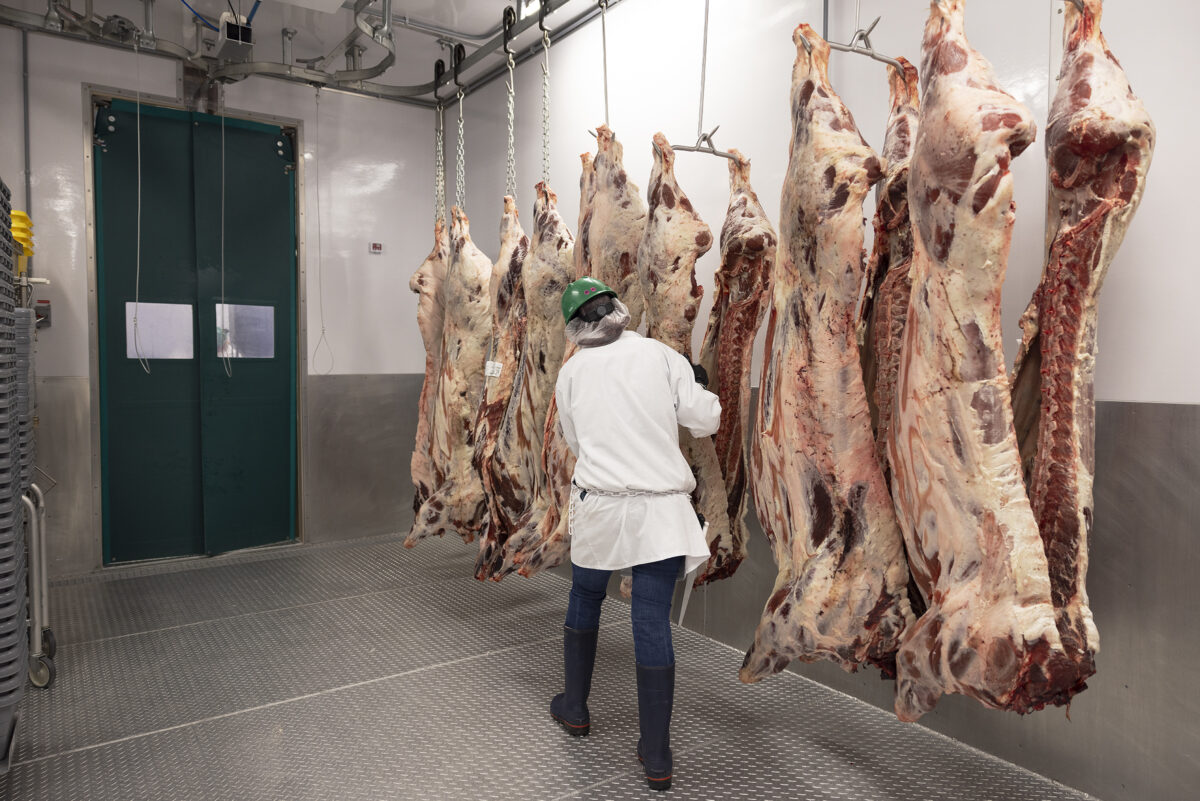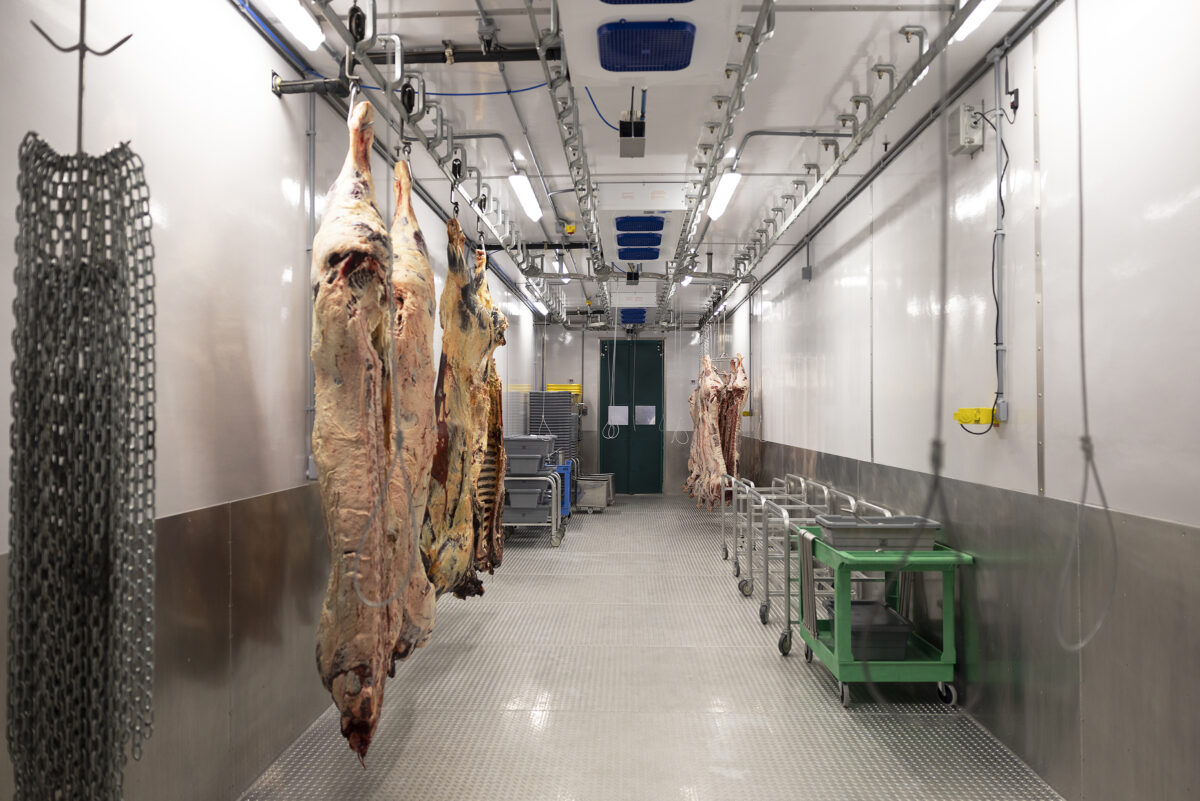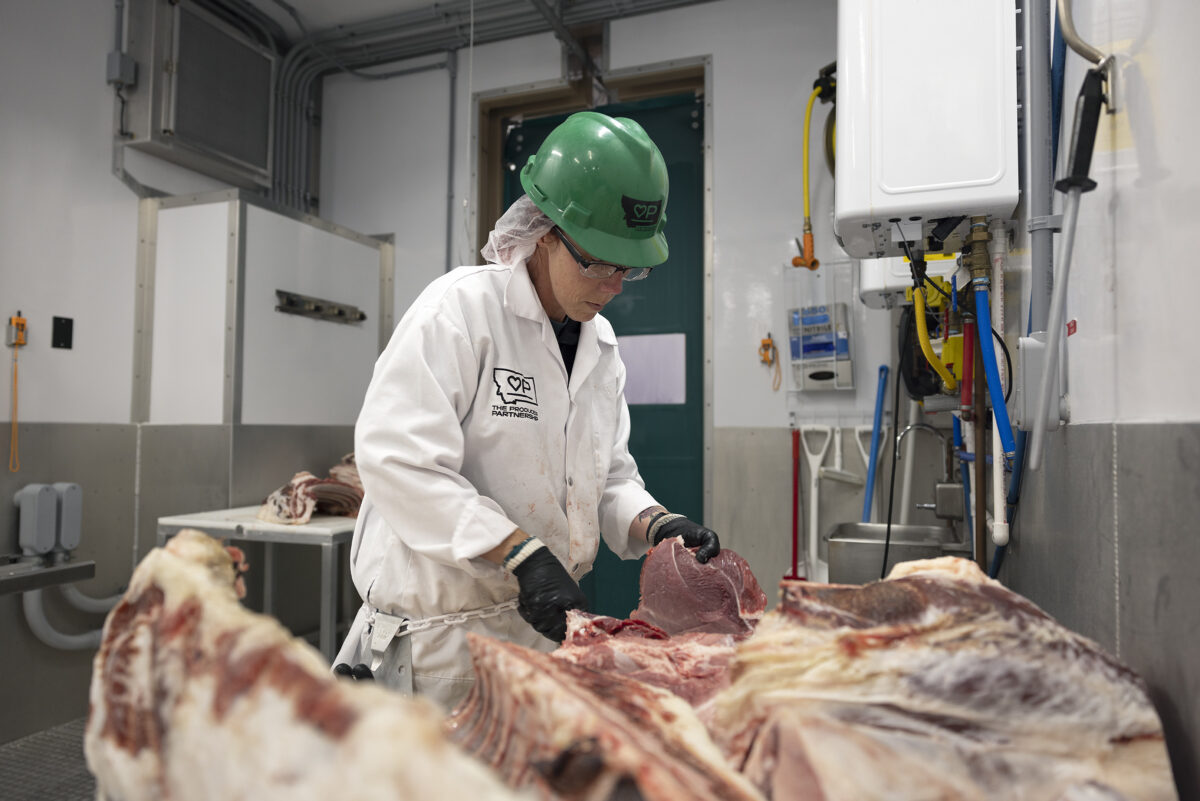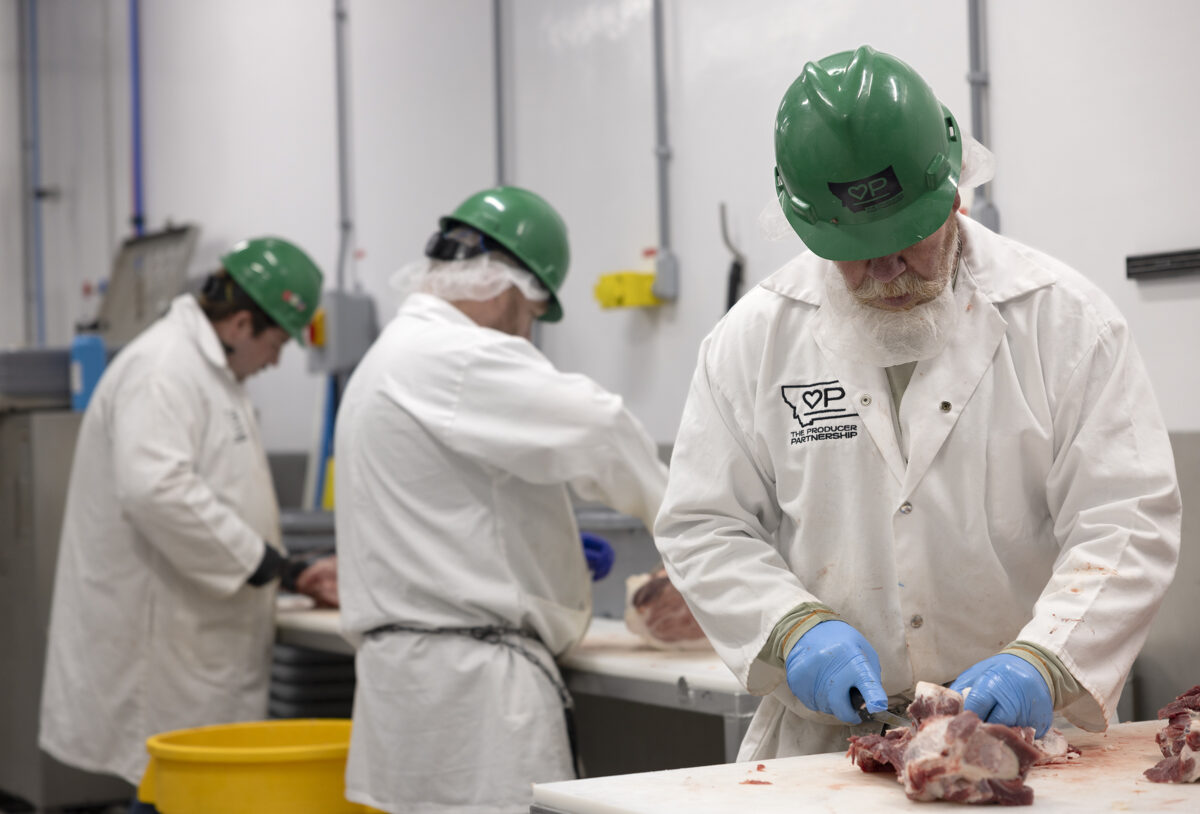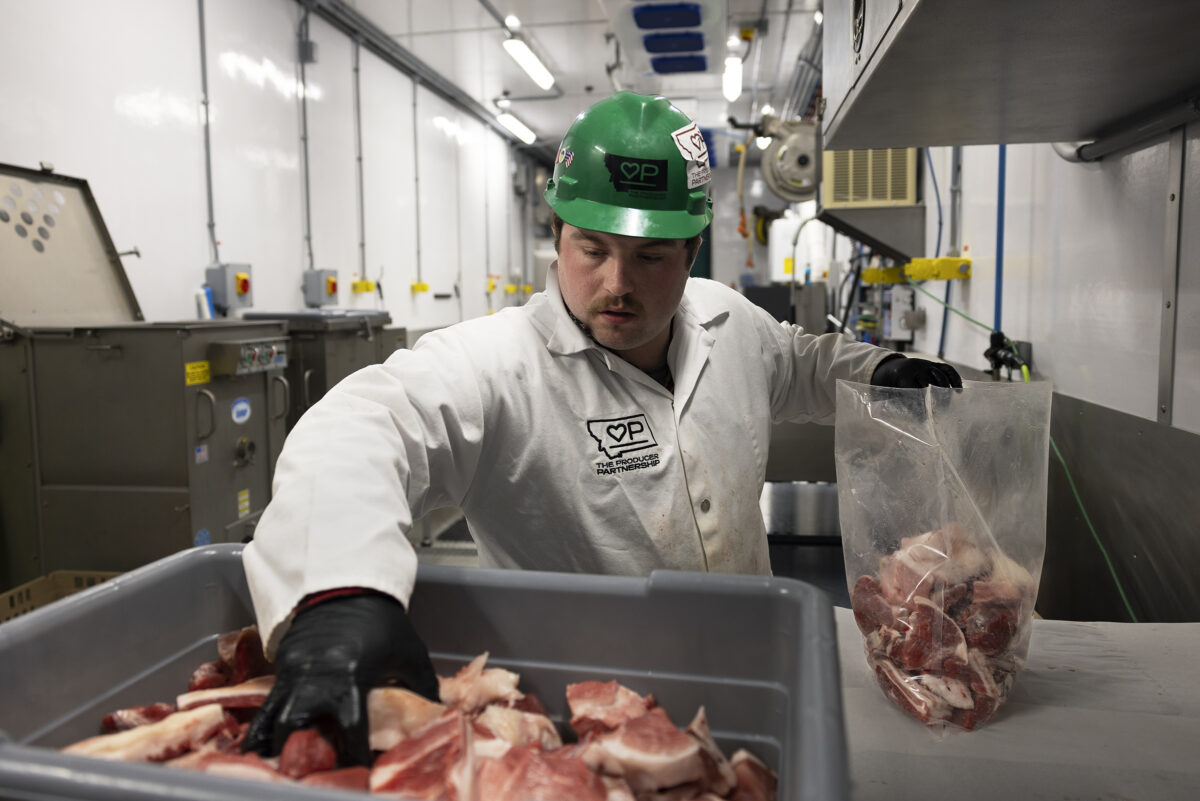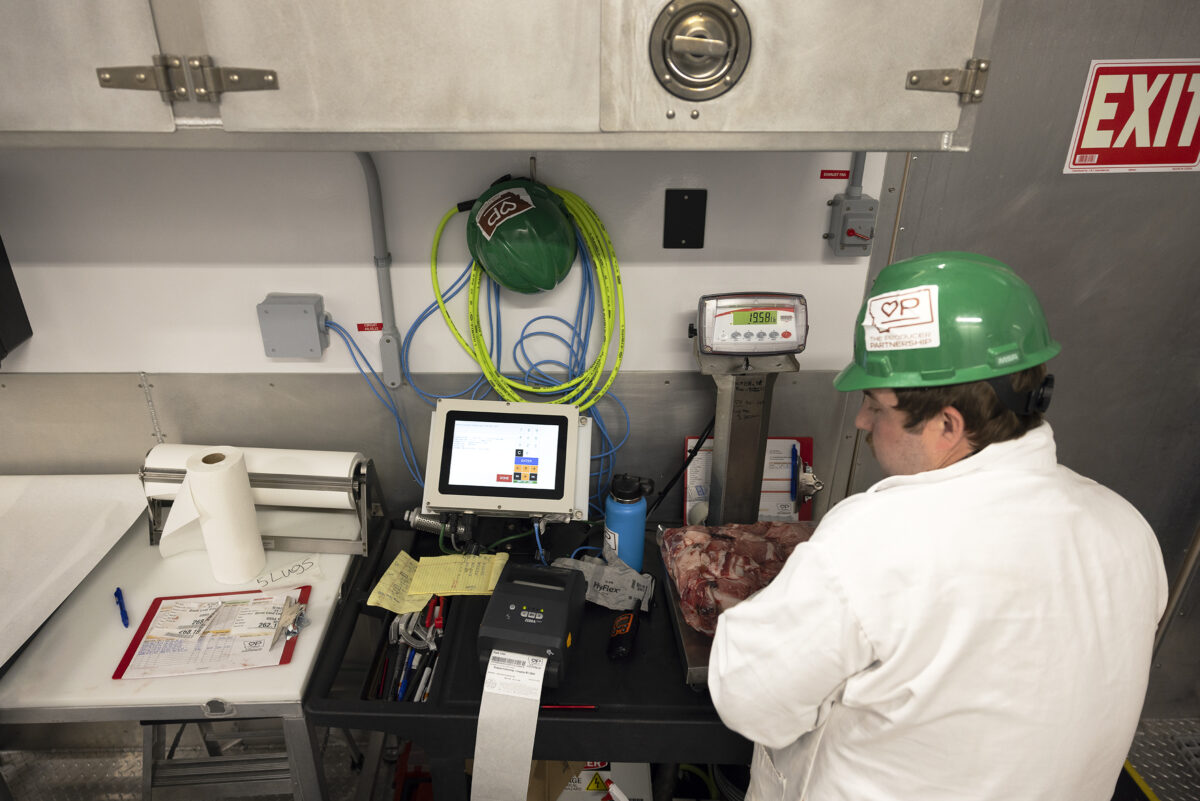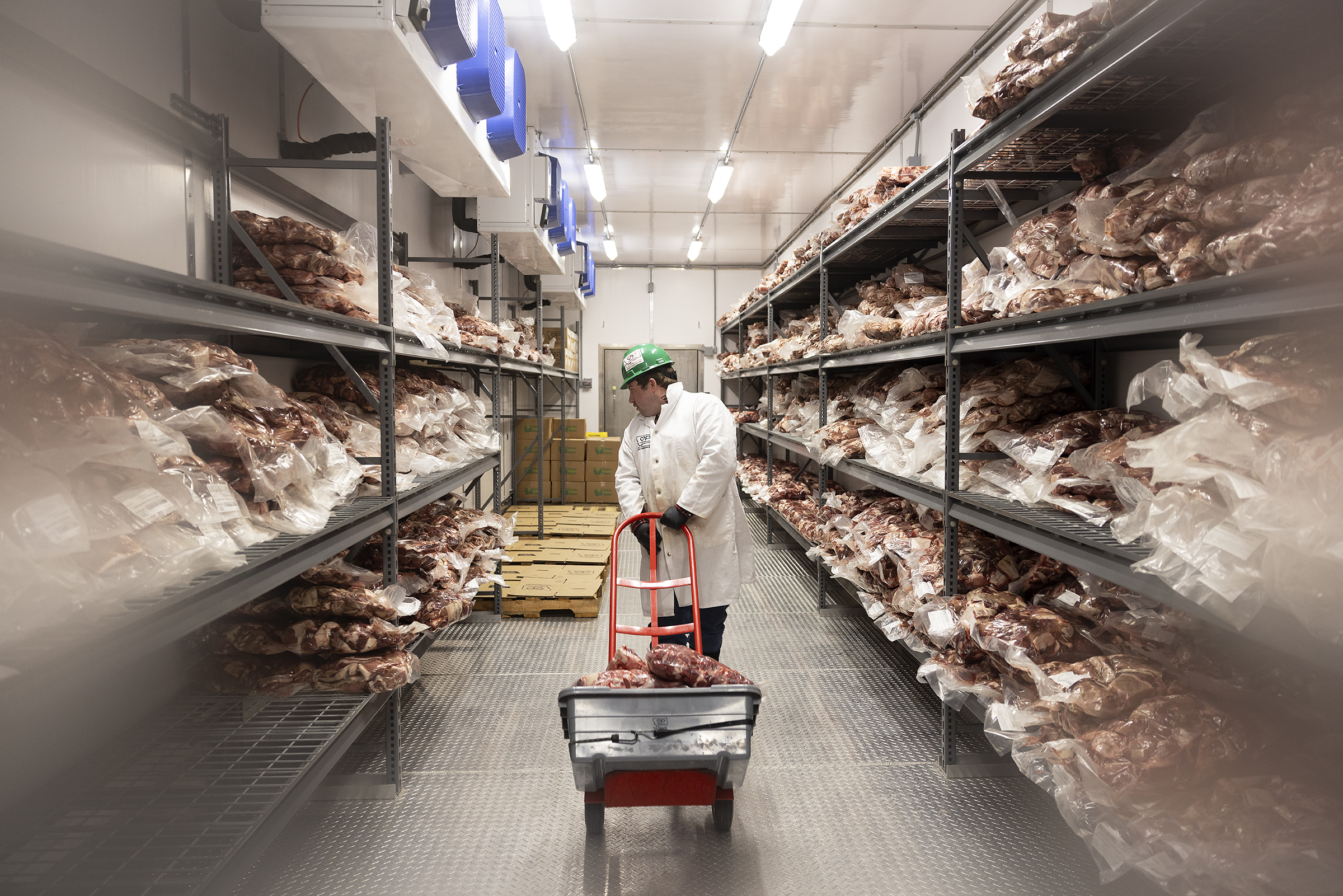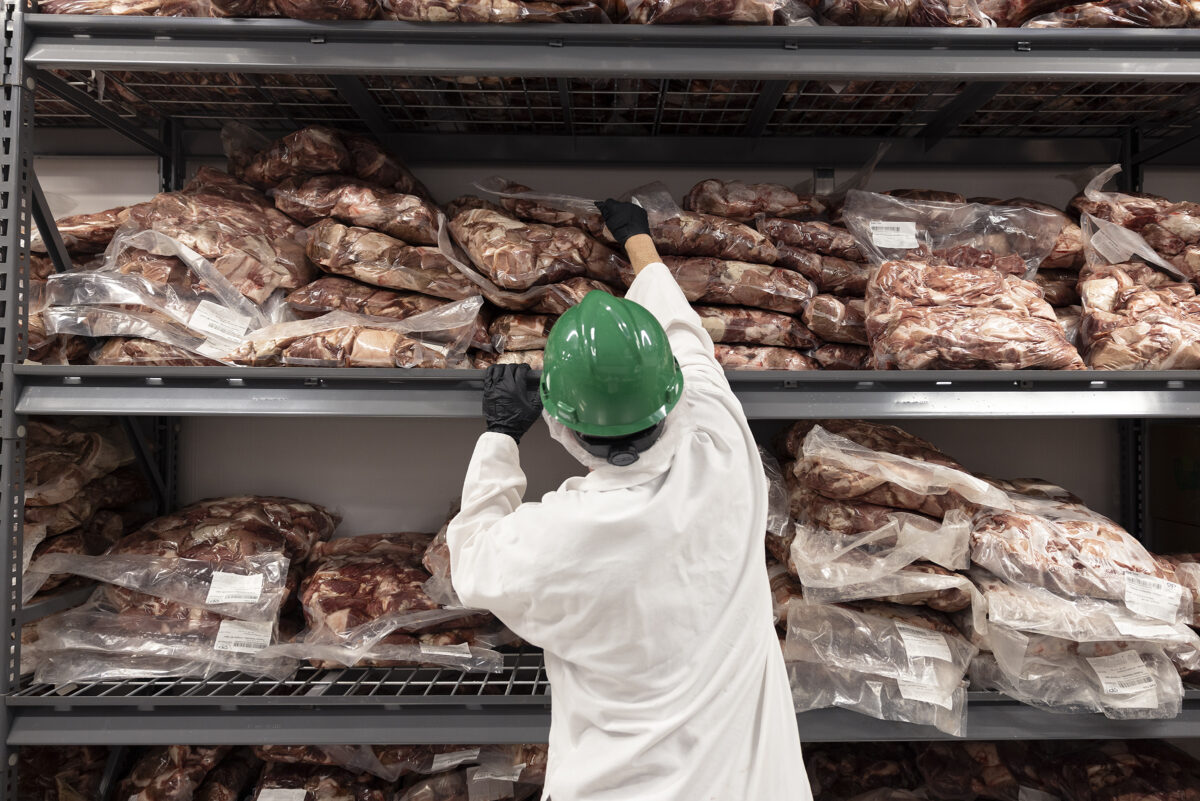Think that opening a meat processing plant during a pandemic might be tough? Try starting the first nonprofit, federally-inspected meat processing plant in the United States—during COVID.
The Producer Partnership’s plan was ambitious but not impossible.
At the outset of the pandemic, President and Founder Matt Pierson watched as shutdowns began impacting Americans across the nation. Though slow to hit his community of Livingston, Montana, the fifth-generation cattle rancher saw the writing on the wall: food insecurity was coming.
MONTANA ROOTS
Pierson’s family has deep roots in Big Sky Country, having migrated from Minnesota to central Montana in the late 1800s. While carrying on his family’s legacy running Highland Livestock Company, Pierson also stayed connected with his community as a longtime youth soccer coach. Amid the shutdowns, he saw how a lack of access to quality food negatively impacted his neighbors—and so he decided to help.
In April 2020, Pierson founded The Producer Partnership with a not-for-profit mission to end hunger in Montana. Drawing from his herd and other local cattle producers, Pierson wrangled together a few cull beef cows, had them processed at nearby processing facilities, and donated their first batch of ground beef to Montana food banks and schools—“and the whole concept kind of took off from there,” he recalled.
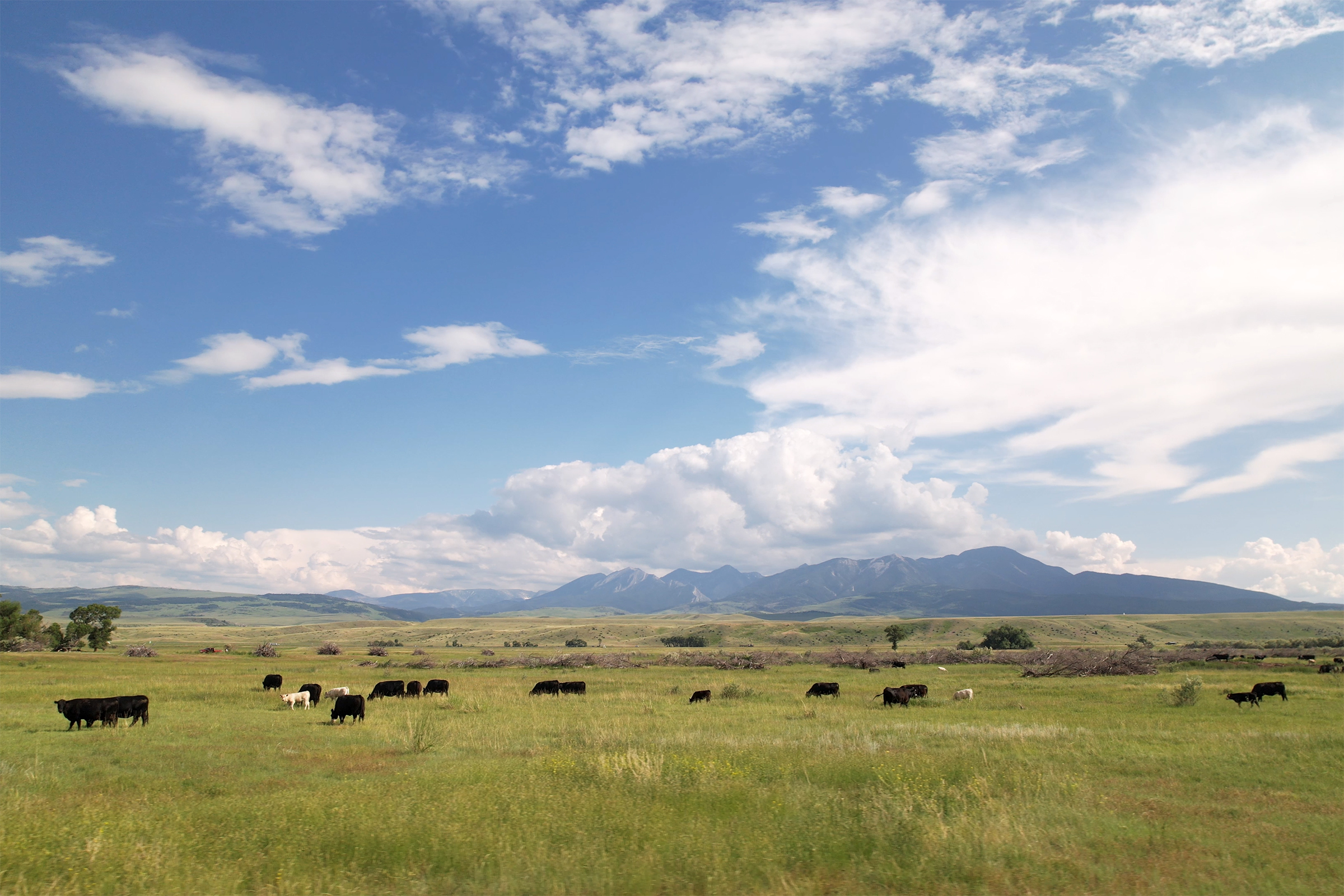
LACK OF CAPACITY
For the first few weeks of the pandemic shutdown, The Producer Partnership had their donated animals processed in the Livingston area. As in communities across the nation, however, local meat processors began to back up due to low capacity, high demand, and workforce issues.
“The issues we started to see at the big plants were starting to filter down,” Pierson reflected. “All of a sudden we went from being able to get in anywhere to absolutely nowhere.”
“We were already starting to see that we were going to have to do something different if we wanted to have control of our own destiny.”
Matt Pierson, President & Founder of The Producer Partnership
In search of a solution, Pierson first called nearby meat processors and, later, facilities further away from home. His search expanded across a four-state region, eventually leading him to haul donated animals to Williston, North Dakota to be processed—a 13-hour round trip from Livingston. When the finished goods were ready, the nonprofit’s new partner, Montana Food Bank Network, would pick up the meat with their semi truck and transport it back to Montana. While the process “was working,” Pierson said, “it was really expensive.”
Nearing the end of 2020, The Producer Partnership was at a crux. “We were already starting to see,” Pierson said, “that we were going to have to do something different if we wanted to have control of our own destiny.”
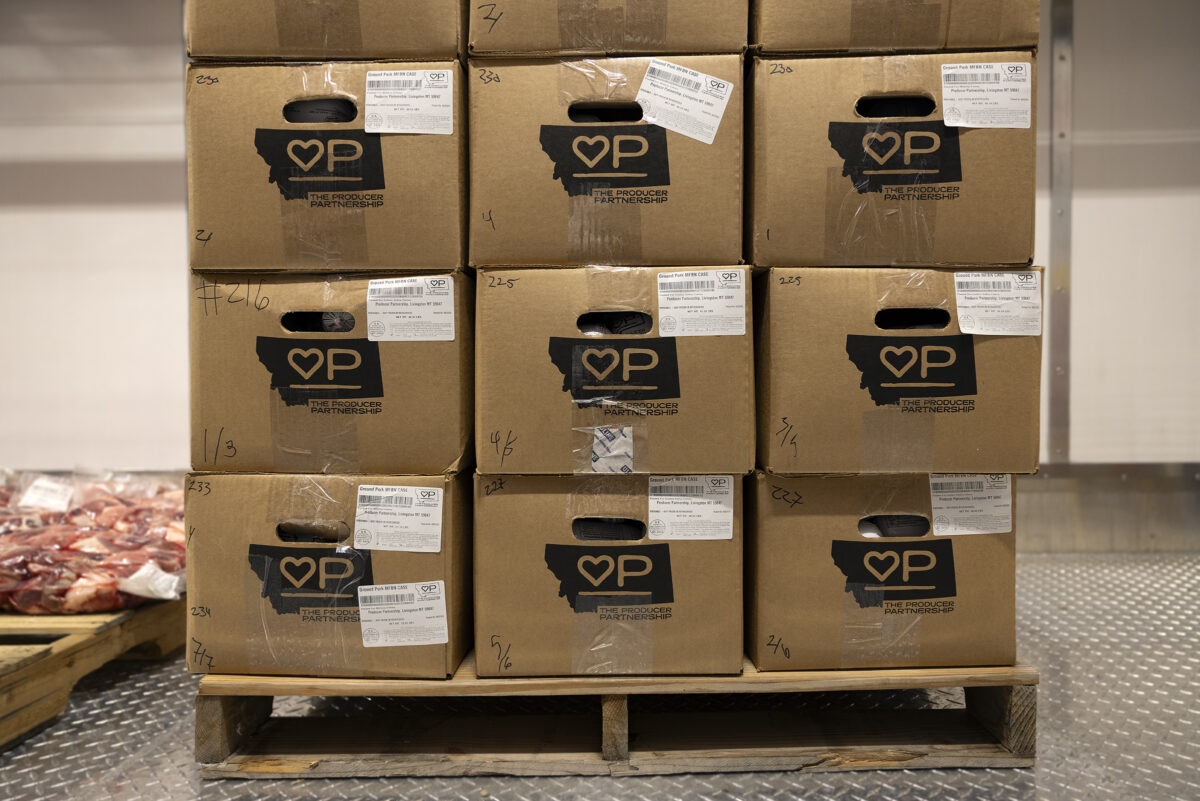
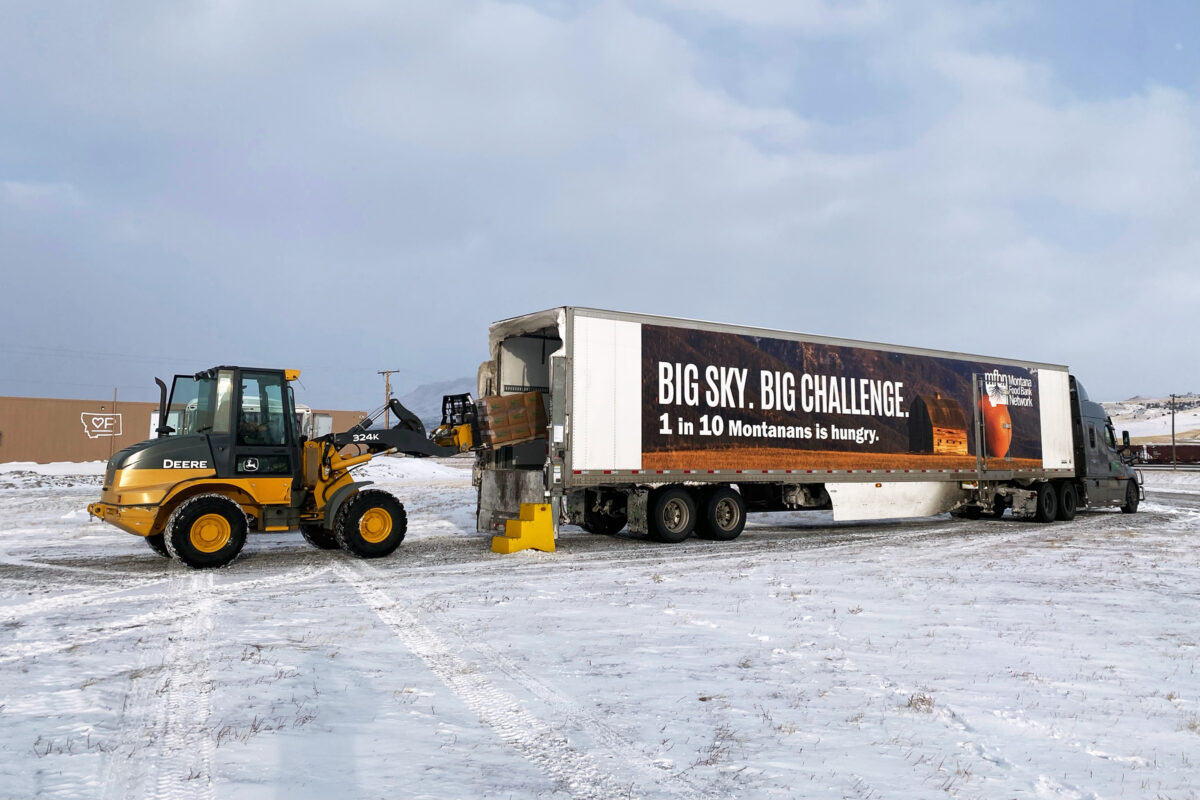
DECISION POINT
Since the nonprofit’s Board of Directors had only served together for four months by winter 2020, they had “tabled the idea of opening our own facility, or buying one, or doing something radical” to solve their processing dilemma, Pierson said. Then two of his beef cows changed this.
In January 2021, Pierson had to put the cows down after their health went downhill and they couldn’t be transported off-ranch. “I was really frustrated,” he recalled. “It didn’t speak to the heart of what The Producer Partnership was trying to accomplish, and what we wanted to do to help our neighbors, fellow producers, and also to do better by our animals.”
At their next meeting in February 2021, the Board voted to go all in and open up a small meat processing plant. “Then we really went down the rabbit hole of, okay, how do we build our own facility? How do we do all of this?” Pierson shared.
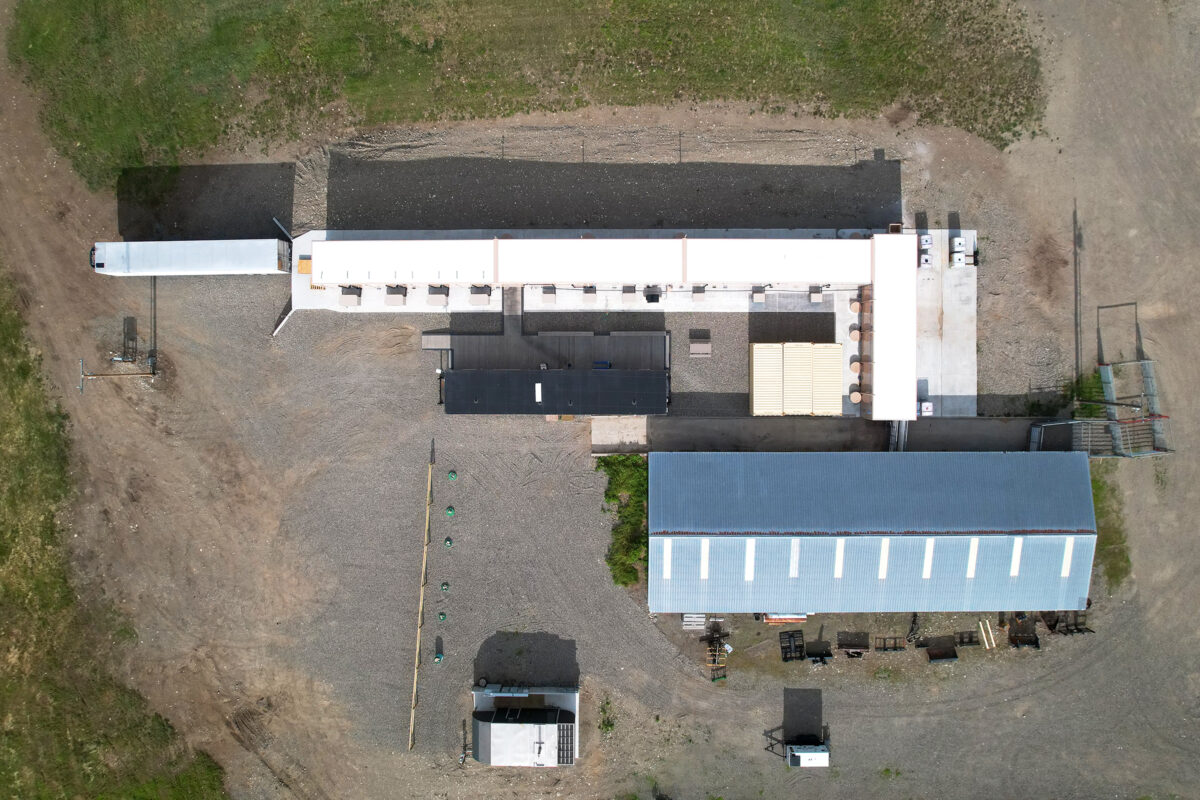
RESEARCHING OPTIONS
A Google search put Pierson on to Friesla’s Meat Processing Systems. He was intrigued by the PS-1 Systems’ modular format, which would enable The Producer Partnership to harvest, chill, fabricate, package, freeze, and store goods on the site of their choosing.
“I knew that I wanted to open up the facility here on the ranch,” Pierson said, citing the benefits of the ranch’s central location, resources, and infrastructure. “The advantage of having a modular facility was huge for us at the beginning, especially because we’re like, ‘Hey, we’ll always be able to pick it up or move it to somewhere else as we grow.’”
BUILDING A SYSTEM
Ready to explore this path, Pierson paired up with Friesla’s Technical Team to begin a Project Development Phase. They worked together through System & Site Planning, designing a PS-1 System customized for The Producer Partnership’s site location and operations.
“We’re not the same as the next [processor] down the road,” Pierson said. “With the factories that Friesla is working with, having the ability to modify or create exactly what fits your needs—it’s a giant LEGO set to us—and to be able to just snap what we need in place is kind of a big deal.”
Following the facility’s design and engineering, Friesla began System Manufacturing in Washington State. In parallel, they led Pierson’s team through a USDA Regulatory Compliance process so The Producer Partnership could operate under a Federal Grant of Inspection.
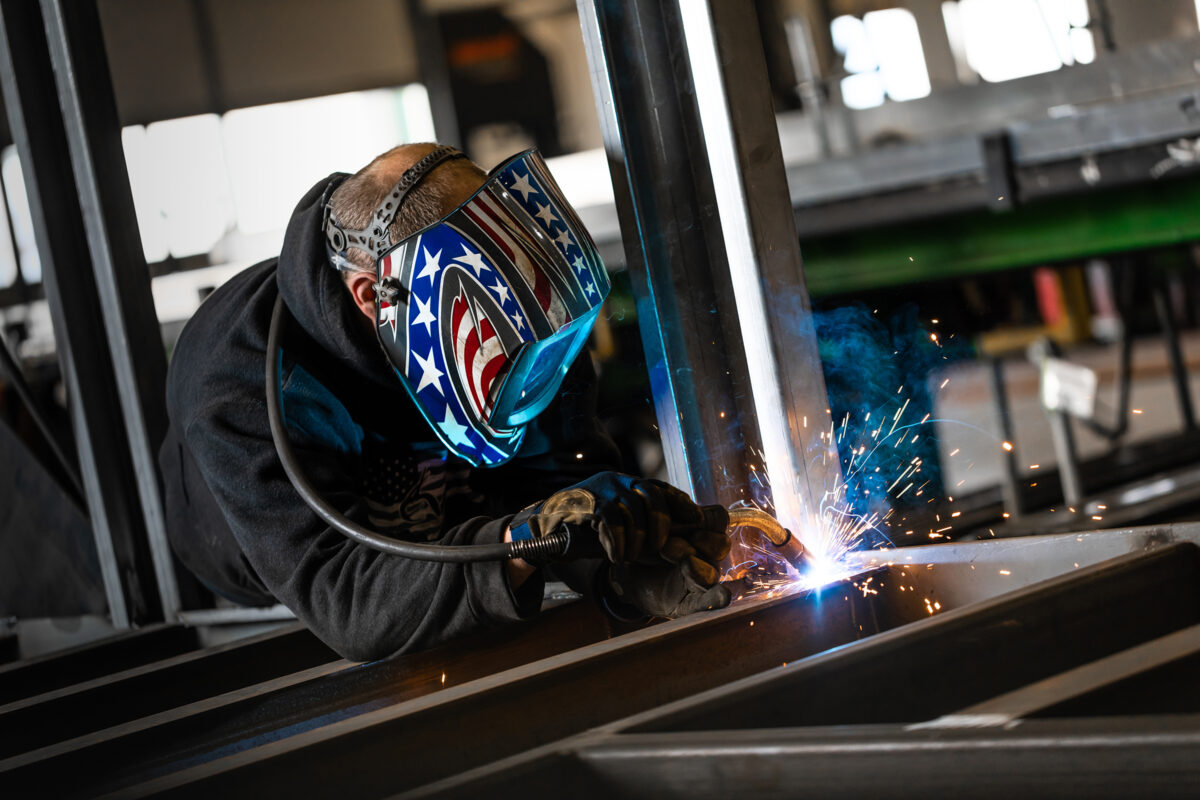
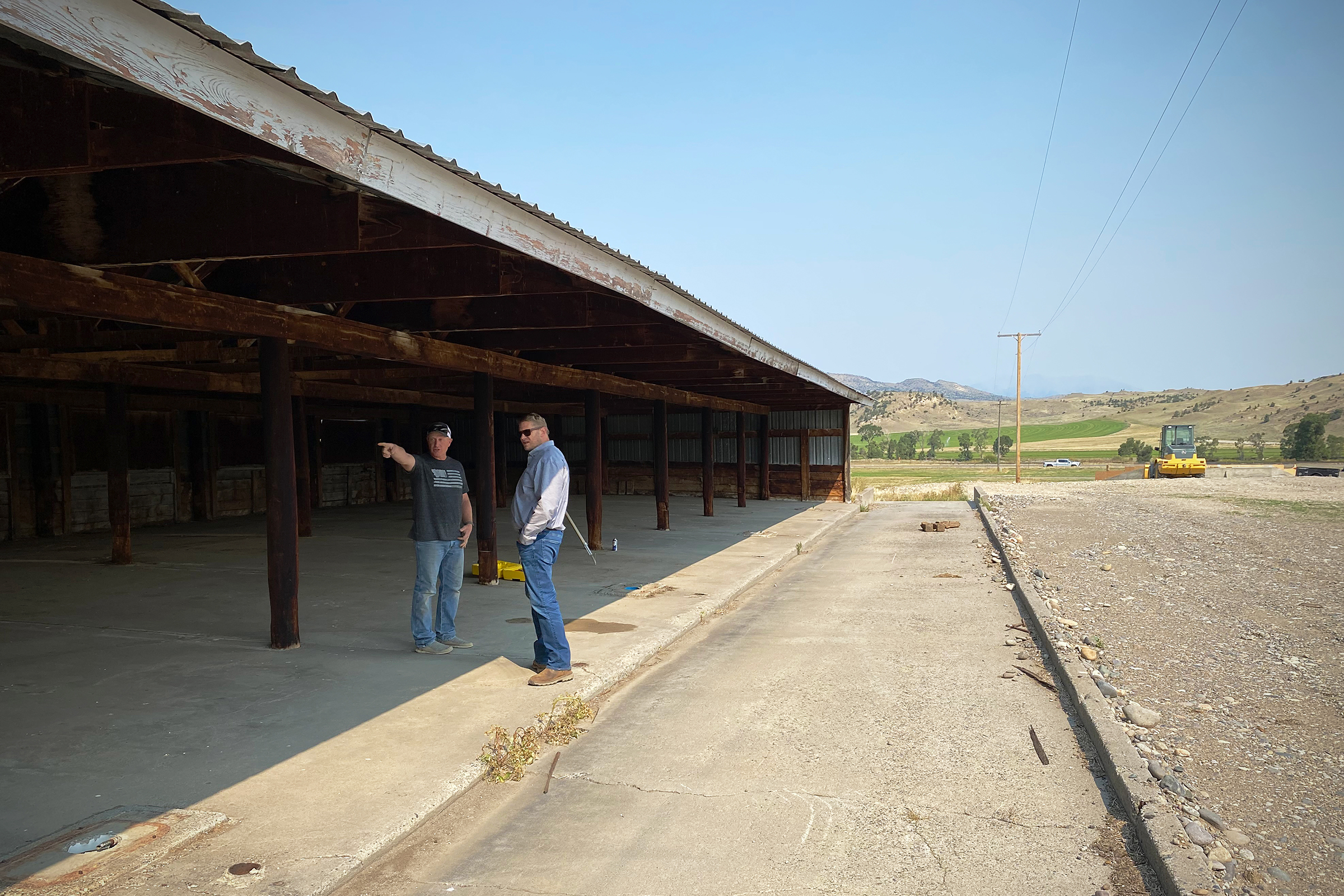
Plant Manager Coby Richins joined The Producer Partnership during this process. From his perspective of 20+ years cutting meat and working in stick-built facilities, he highlighted the PS-1 System’s “linear workflow” and “scalability.”
“I’ve been in a couple brick and mortar places that you add on here and you add on there, and then the flow is all off,” Richins said. “With [our Friesla System], the forethought of how it’s going to flow 3 to 5 years down the road has been put into place—to where you just knock out a door and a wall and then suck up another [module] right next to it on the slab. The future expansion is already there.”
Richins also emphasized the value of purchasing a Meat Processing System that arrived outfitted with a complete equipment package—and the relationship to get it spec’d, ordered, and operational.
“Having all the equipment already installed when you order it—you know, working with the [Friesla] team, being able to tell them what you want, how you want it, and then having somebody on the other end ordering it and getting it put in place for you—that was also a big help for Matt.”
Pierson echoed the value of his team’s relationship with Friesla in bringing the project to fruition. “Being able to have that personal connection—being able to call somebody pretty much daily—was huge,” he said, recalling the benefit of having a direct line to Friesla President Bob Lodder and Technical Team members Dave Hofford and Nathan Chase throughout the process.
MAKING THEIR MARK
In December 2021, a year and a half after The Producer Partnership donated their first shipment of ground beef, Friesla offloaded the nonprofit’s new PS-1 System on their site in Livingston.
Pierson and team hit the ground running, learning and growing deeper in resolve for their mission—and the impact The Producer Partnership is having on their community.
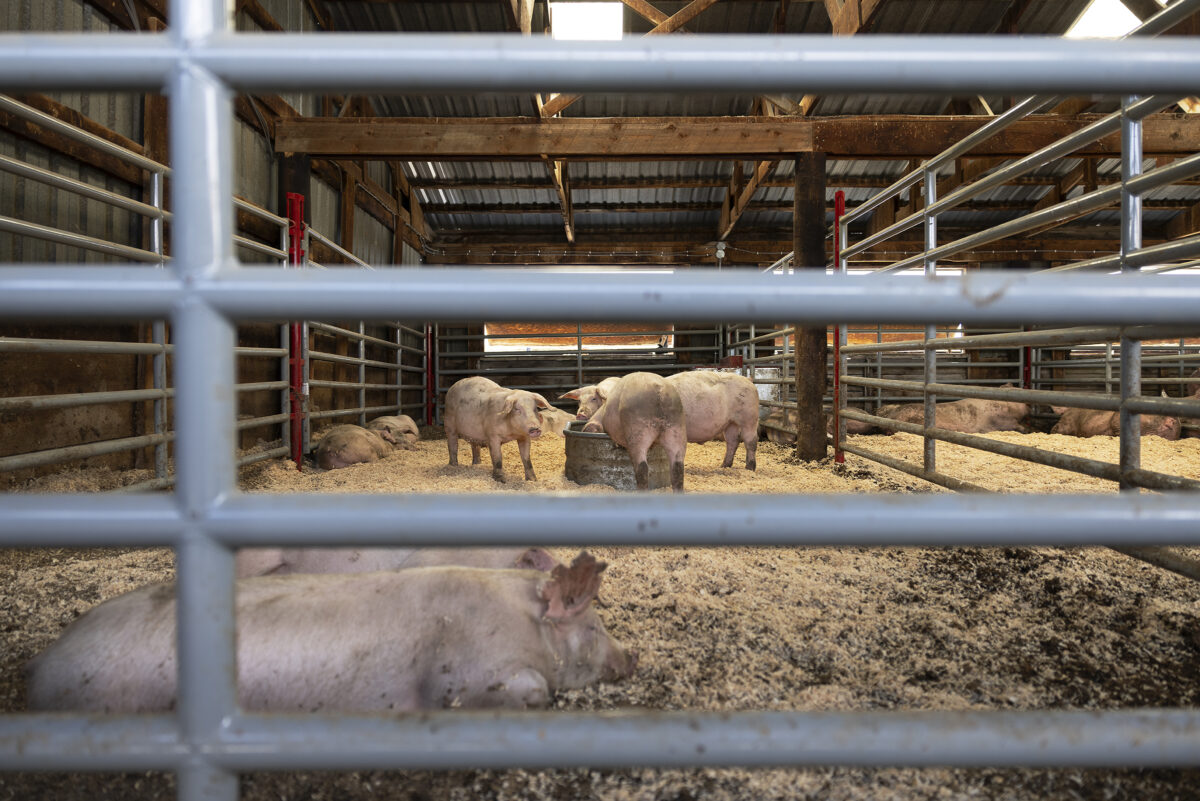
“As the program developed and we got better at what we were doing, it really started to drive for me to show people that there are other ways and better ways to help each other,” he said, referencing their expansion into hog processing and support of Miles Community College’s hands-on meat processing certificate program.
Amid their growth in capabilities, The Producer Partnership remains focused on their core mission of ending hunger in Montana. Case in point: by summer 2023, the nonprofit had donated nearly 250,000 lbs of meat to their neighbors statewide. Reflecting on this mission, Pierson considers it an extension of the family legacy with which he’s been entrusted.
By summer 2023, The Producer Partnership had donated nearly 250,000 lbs of meat to their neighbors statewide.
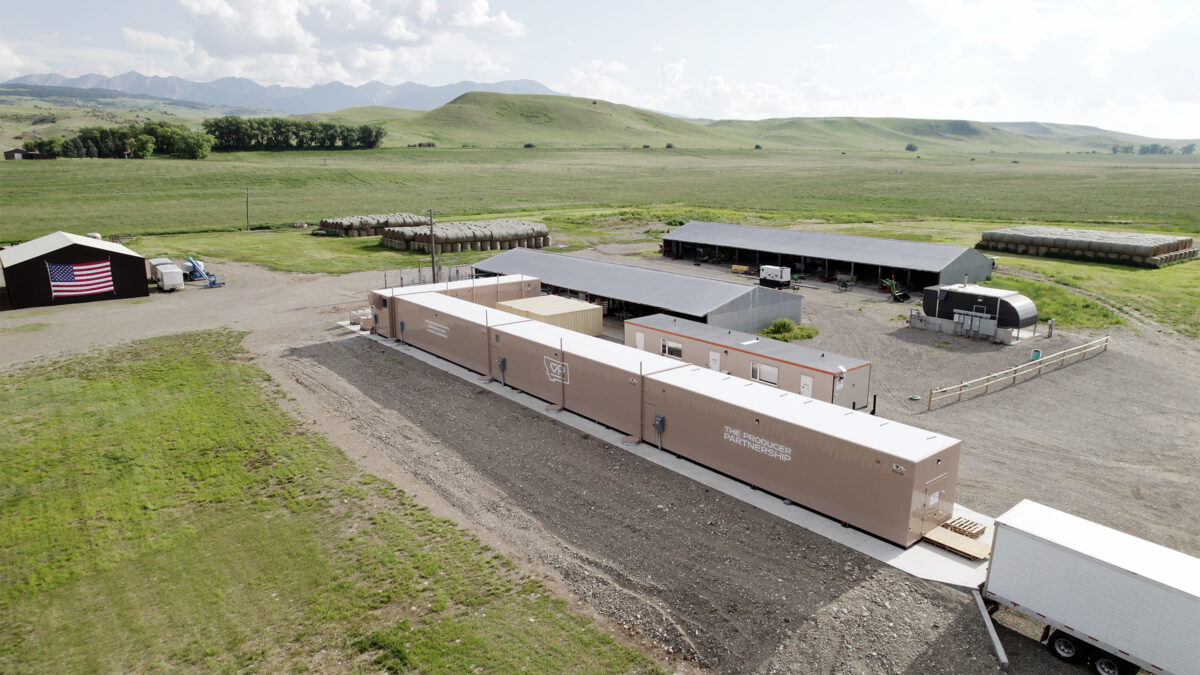
“Our family has been in Montana since about 1892,” Pierson said. “Each generation puts their mark on a place, and we have to constantly evolve. Technology has changed what we do—everything changes. We try hard, especially with The Producer Partnership, to deliver what we said we would do. And, you know, having this [Meat Processing System] in place and being up and running is obviously a huge part of it.”
Visit The Producer Partnership here. Learn more about Friesla’s Ecosystem of Services here.
